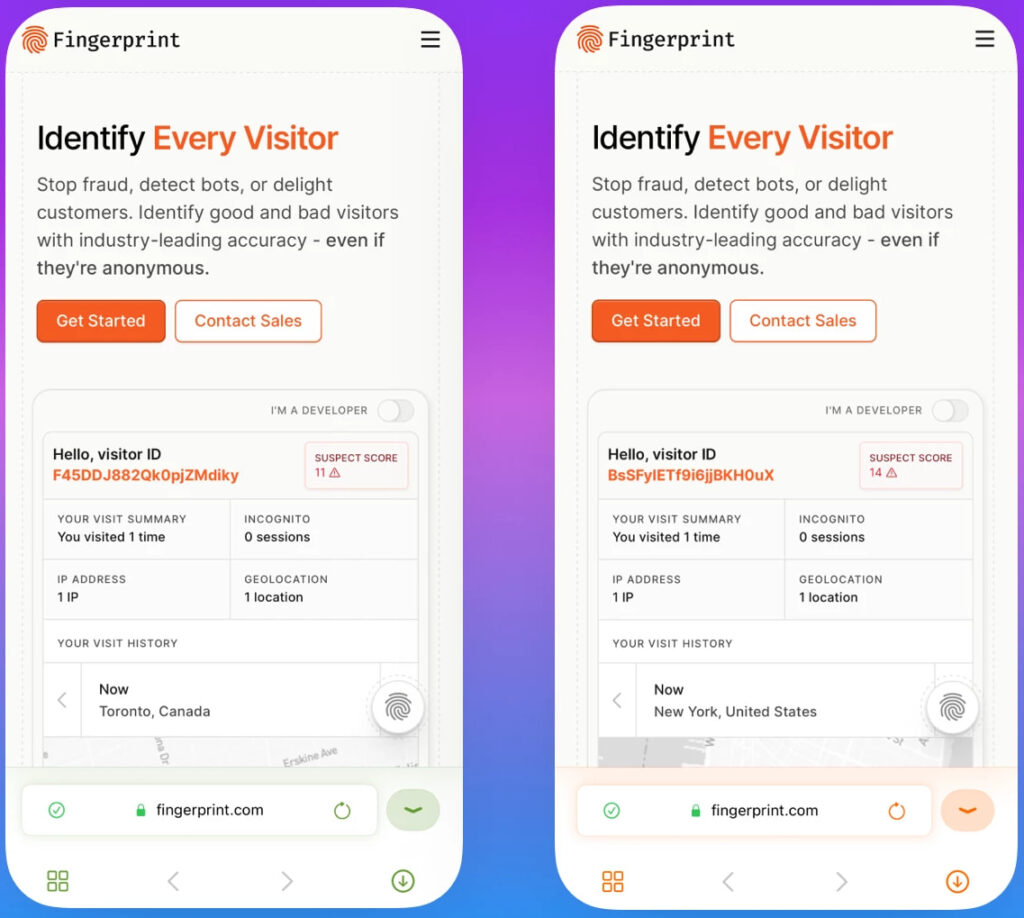
Privacy researchers Talal Haj Bakry and Tommy Mysk released Psylo, a new iOS and iPadOS browser designed from the ground up to resist modern tracking techniques such as fingerprinting and cross-site surveillance.
The browser introduces an innovative “web silo” model where each tab runs in an isolated session with unique storage, cookies, and even its own IP address, routed through the newly built Mysk Private Proxy Network.
Psylo emerges from the duo's long-standing privacy research under the Mysk brand. The pair initially set out to build a secure, proxy-powered environment for Progressive Web Apps (PWAs), not a full browser. However, the limitations of WKWebView and user expectations eventually led them to apply for and receive Apple's “Default Browser Entitlement”, a status that unlocks full system integration, including support for passkeys, password managers, and background service workers. This shift marks Mysk's official entry into the competitive privacy browser market.
Where Psylo stands out
The central innovation in Psylo is its use of “web silos.” Each browser tab functions as a separate web environment, isolating all storage elements and routing traffic through distinct nodes in the Mysk proxy network. Unlike a typical VPN, which masks only IP addresses, Psylo adjusts language, timezone, and other fingerprintable data to match the location of the proxy, greatly increasing the user's anonymity by fuzzing identity signals commonly used in fingerprinting.
Mysk's research highlights how fingerprinting remains effective even when VPNs are in use. Using services like Fingerprint.com, which markets the ability to “identify every visitor,” the team showed how a user's unique device, locale, and behavior characteristics can still allow accurate tracking across sessions and IP addresses. Psylo counters this with techniques such as canvas randomization, features not typically found on iOS due to Apple's restrictions. Mysk bypassed these limitations by implementing many of these defenses in client-side JavaScript.

Mysk
The underlying infrastructure is the Mysk Private Proxy Network, a self-developed, zero-log, account-free system currently comprising over 40 servers globally. Users do not need to create accounts to use the browser; instead, subscription validation is handled anonymously through randomized identifiers issued via Apple's in-app purchase mechanism. To prevent abuse, bandwidth usage is capped at 50GB per month per user, though this limit may be adjusted as the system matures.
Psylo's security model is tightly coupled with Mysk's commitment to transparency and control: all proxy software is internally developed, no user data is logged, and the team avoids using third-party cloud services with opaque policies. Subscription status is the only piece of information tracked, and even that is detached from any user-identifiable metadata.
Mysk, known for exposing privacy lapses in apps and services such as TikTok and Microsoft Outlook, Apple Safari, and Apple Passwords, positions Psylo as a response to the limitations of both VPNs and mainstream browsers. While Apple has implemented substantial privacy protections, like App Tracking Transparency and Privacy Nutrition Labels, Mysk argues that developers continue to find new ways to circumvent these safeguards.
Psylo version 1.0.0 is available now on the App Store under a subscription model, offering a three-day free trial. An Android version may follow depending on adoption. The developers also hint at plans to share more technical insights in the future, based on the challenges they faced building a browser atop Apple's constrained browser environment.







Is this a replacement for SnowHaze? Oh no, subscription only? Darn.